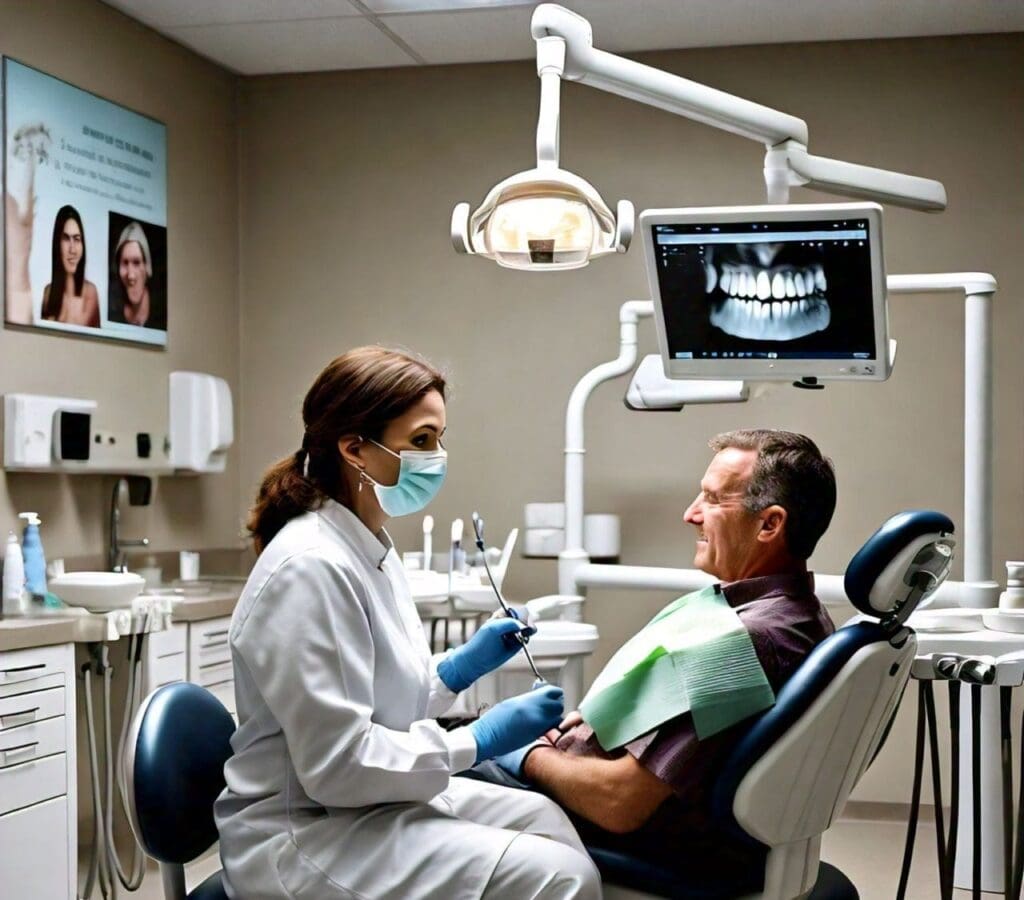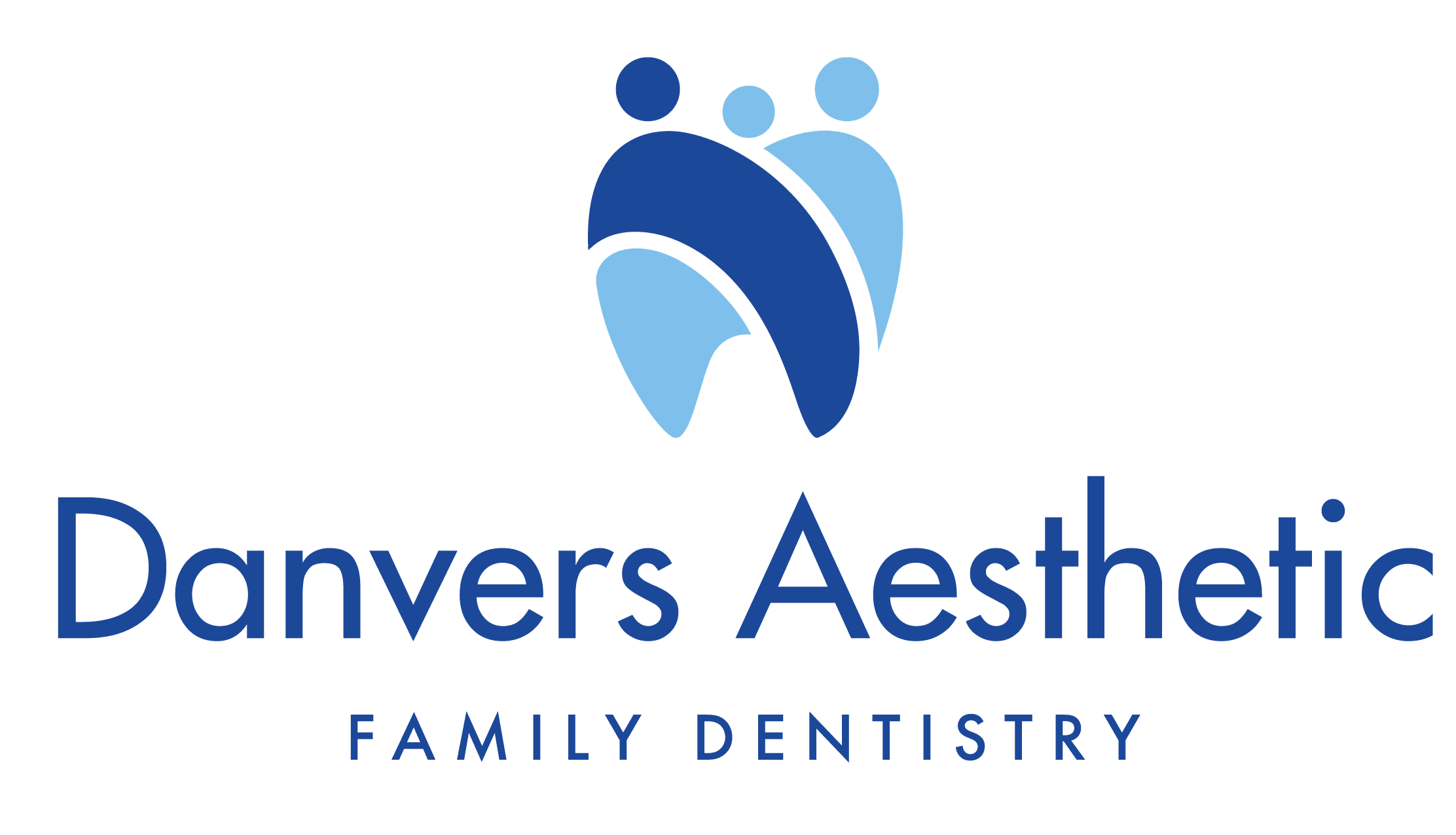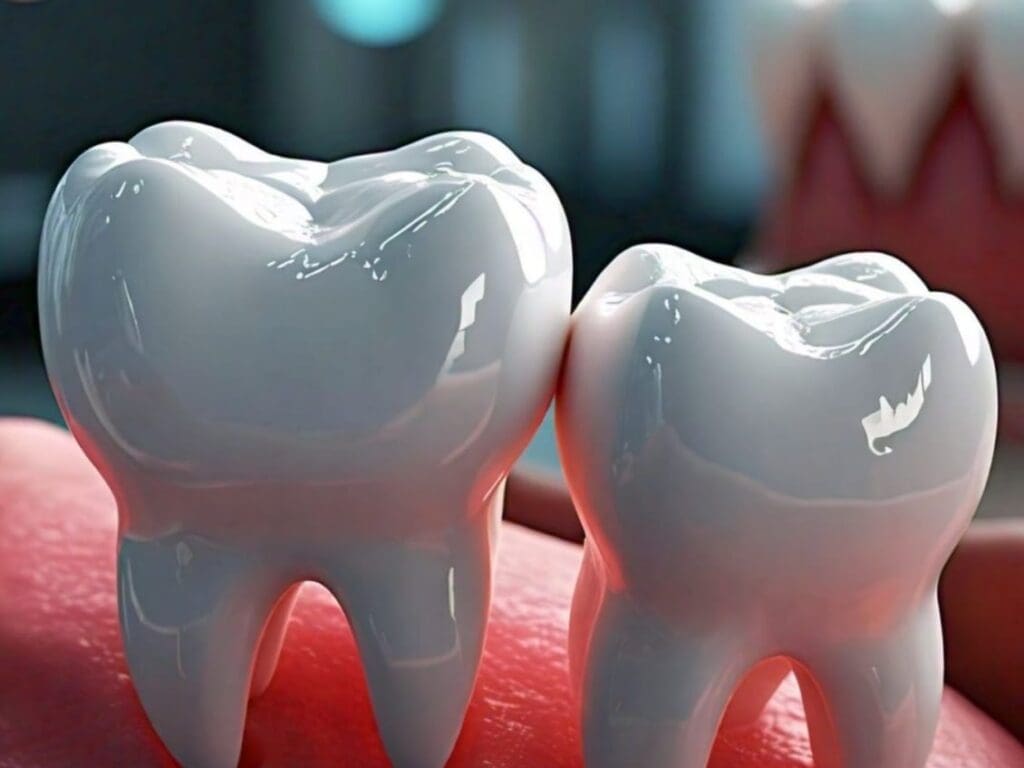Tooth extraction is a significant dental procedure that requires proper aftercare for a speedy and successful recovery. Managing pain, adhering to dietary guidelines, practicing diligent oral hygiene, and avoiding certain activities are all crucial steps in the healing process. This article provides essential tips and insights to help patients navigate the post-extraction period with ease, ensuring the best possible outcomes for their dental health.
Key Takeaways
- Understanding and managing pain after tooth extraction is crucial, and patients can expect discomfort to diminish gradually over time.
- Maintaining good oral hygiene and following specific dietary recommendations are essential to promote healing and prevent complications.
- Protecting dental restorations such as implants and bridges through proper care and avoiding harmful habits will ensure their longevity and effectiveness.
Essential Aftercare Tips for Tooth Extraction

Understanding Tooth Extraction Pain Duration and Management
Following the Tooth Extraction Process, it is normal to experience some level of discomfort. The intensity of pain typically peaks within the first few days and gradually subsides. Most patients find that pain is manageable with proper medication and self-care techniques.
To effectively manage pain after tooth extraction, consider the following steps:
- Initially, you may be prescribed pain medication by your dentist or surgeon. Adhere to the prescribed dosage and schedule.
- As you progress into the second week, transition to over-the-counter pain relievers such as Tylenol or ibuprofen, if recommended by your healthcare provider.
- Should you experience persistent pain beyond two weeks, it is crucial to inform your dental care team.
It is important to note that individual experiences with pain may vary, and thus, staying in communication with your dental professional is key to a tailored pain management plan.
Eating Habits and Dietary Considerations after Tooth Extraction
After a tooth extraction, your choice of food plays a pivotal role in the healing process. Opt for soft, nutrient-rich foods that are easy to chew and swallow. This will minimize the strain on the extraction site and help your body recover more efficiently. Foods like yogurt, applesauce, and smoothies are excellent choices in the initial days following the procedure.
It is crucial to stay hydrated, but do so with caution. Use a spoon or a cup to drink liquids rather than straws, as the suction can dislodge the blood clot forming at the extraction site, leading to complications such as dry socket.
Here are some additional dietary tips to consider:
- Avoid hot foods and beverages, as they can increase swelling and bleeding.
- Steer clear of hard, crunchy, or sticky foods that can irritate the wound or become lodged in it.
- Gradually reintroduce firmer foods into your diet as your healing progresses, always paying attention to your comfort level and any guidance provided by your dental professional.
Oral Hygiene Practices for Healing
Maintaining proper oral hygiene is critical for the healing process after a tooth extraction. Gentle brushing with a soft-bristled toothbrush is recommended to avoid irritation to the extraction site. It is important to use fluoride toothpaste to aid in the protection against decay in the remaining teeth.
Flossing should be conducted with care, ensuring that the extraction site is not disturbed. This helps in removing plaque and debris from areas your toothbrush cannot reach. Additionally, consider using an antiseptic mouthwash to help keep the mouth clean and reduce the risk of infection.
- Use a soft-bristled toothbrush and fluoride toothpaste for brushing.
- Floss carefully to avoid disturbing the extraction site.
- Rinse with an antiseptic mouthwash to maintain oral cleanliness.
It is also advisable to schedule regular dental checkups to monitor the healing process and maintain the health of your oral cavity. If you are a smoker, reducing or quitting smoking can significantly improve your oral health and decrease the risk of complications.
Activities and Habits to Avoid after Tooth Extraction
After a tooth extraction, certain activities and habits can impede your recovery process. Avoid strenuous exercise for at least 24 hours to prevent any bleeding or swelling. It’s also wise to steer clear of smoking and using straws, as the suction can dislodge the blood clot that forms in the extraction site, leading to a painful condition known as dry socket.
Be mindful of your oral environment and avoid the following:
- Biting down on hard foods or objects that could harm the extraction site.
- Consuming alcohol, which can delay healing and increase the risk of complications.
- Engaging in any dental procedures without informing your dentist about your recent extraction to prevent inadvertent damage.
If you experience bruxism, or teeth grinding, consider using a mouthguard to protect your teeth and the extraction site while you sleep. Lastly, maintain a balanced diet to support your oral health and ensure a smooth recovery.
Maintaining Dental Health Post-Procedure
Protecting Your Dental Implants
After receiving dental implants, it is crucial to take specific steps to ensure their longevity and functionality. Avoid biting down on hard foods or objects, as this can cause damage to the implants. It is also advisable to limit alcohol consumption, which can negatively impact oral health and increase the risk of complications.
To protect against bruxism, or teeth grinding, consider using a custom-fitted mouthguard at night. This will help safeguard both your implants and the surrounding natural teeth from undue stress and potential damage.
Maintaining a healthy diet is equally important. Incorporate a variety of fruits, vegetables, and lean proteins into your meals to support oral health and facilitate healing. Additionally, practice good oral hygiene by brushing with a soft-bristled toothbrush and fluoride toothpaste at least twice a day, and flossing daily to remove plaque and debris.
Lastly, regular dental checkups are vital. Schedule visits for professional cleanings and to monitor the condition of your implants, ensuring any issues are addressed promptly.
Extending the Life of Dental Bridges
Ensuring the longevity of your dental bridge is paramount for maintaining a natural and functional smile. Proper oral hygiene is the cornerstone of bridge care, involving regular brushing and flossing to keep the supporting teeth healthy. These adjacent teeth are crucial as they serve as the anchors for your bridge.
To further extend the life of your dental bridge, consider the following points:
- Regular dental check-ups are essential to monitor the condition of the bridge and the health of surrounding teeth.
- Minimize the impact on your bridge by avoiding hard or sticky foods that can exert excessive force.
- Incorporate a balanced diet to support overall dental health.
While not directly related to dental bridges, knowing some Invisalign Tricks can also contribute to maintaining overall oral health. For a comprehensive understanding of how to care for your dental work, refer to a detailed Dental Bridges Guide.
Preventing Damage from Bruxism
Bruxism, or the grinding and clenching of teeth, can exert undue pressure on dental implants, potentially leading to damage. Wearing a custom-fitted mouthguard at night is a proactive measure to safeguard your implants and the health of adjacent teeth. This simple step can mitigate the impact of bruxism and contribute to the longevity of your dental work.
To further protect your dental implants from the effects of bruxism, consider these additional strategies:
- Avoid chewing on hard objects, such as pens or ice, which can create excessive force on the implants.
- Limit alcohol consumption, as it can exacerbate bruxism and negatively affect oral health.
- If you smoke, quitting is strongly advised not only to prevent implant complications but also to improve overall oral health.
It is essential to inform your dentist about your dental implants before undergoing any dental procedures, including routine cleanings or fillings, to prevent inadvertent damage to the implants or surrounding tissues.
Healthy Diet for Optimal Recovery
A well-balanced diet is crucial for your recovery after tooth extraction. Incorporate foods rich in vitamins and minerals to facilitate healing and bolster your immune system. Opt for soft, nutrient-dense foods that are easy to consume without causing strain to the extraction site.
- Include protein sources like yogurt, cottage cheese, and scrambled eggs to aid tissue repair.
- Stay hydrated with plenty of water, and consider adding bone broth to your diet for its healing properties.
- Vitamin D and multivitamins can be beneficial supplements to your diet, but consult with your dentist or doctor before starting any new vitamins.
Avoid hard, crunchy, or sticky foods that can irritate the wound or dislodge the blood clot. Fiber is important to prevent constipation, especially if you are less active during recovery. Gentle walking and deep breathing exercises can also support your overall well-being during this period.
Conclusion
In conclusion, proper aftercare following a tooth extraction is crucial for a speedy and complication-free recovery. It’s important to follow your dentist’s instructions, which typically include rest, avoiding certain foods and activities, and maintaining oral hygiene. Pain and discomfort should diminish over time, but if you experience persistent or worsening symptoms, it’s essential to seek professional advice. Remember, the success of your recovery greatly depends on how well you take care of the extraction site and adhere to the dos and don’ts provided. By being mindful of these guidelines, you can ensure a smoother healing process and get back to your daily routine with confidence.

